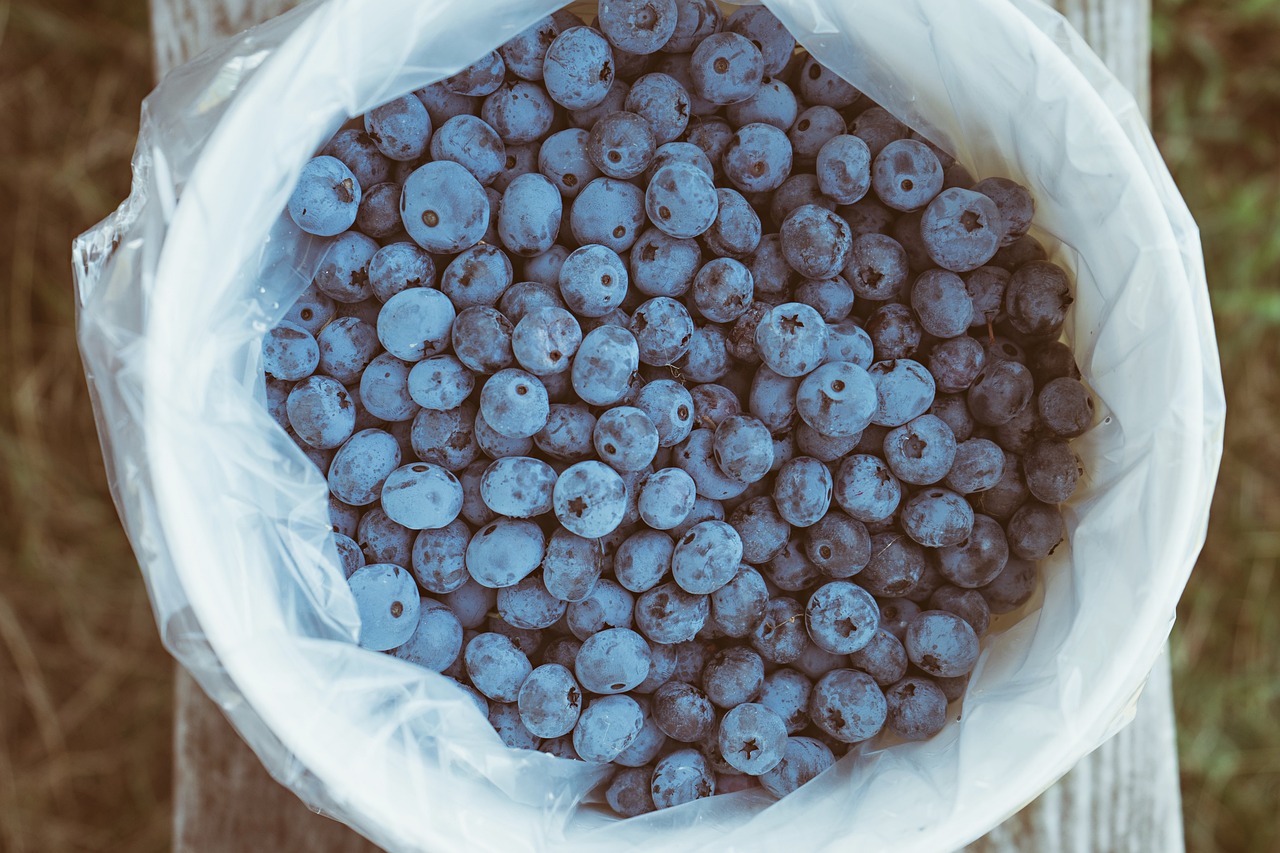Antioxidants are among the most talked-about health supplements, and for a good reason. These powerful compounds are essential for combating oxidative stress, which is particularly important for athletes who regularly push their bodies to the limit. But with so many options available, how do you know which antioxidants are truly beneficial? And how can they be incorporated into a fitness routine effectively?
Understanding Oxidative Stress in Athletes
Oxidative stress occurs when the production of free radicals in the body exceeds the capacity of antioxidants to neutralize them. Free radicals are unstable molecules that can damage cells, proteins, and DNA. While some free radical production is normal—particularly during exercise—an excess can lead to inflammation, muscle fatigue, and a slower recovery process. For athletes, managing oxidative stress is crucial to optimizing performance and maintaining long-term health.
Exercise increases oxygen consumption, leading to a rise in free radical production. While this might sound alarming, it’s not necessarily bad. Moderate levels of oxidative stress are thought to play a role in adaptation and muscle growth. However, excessive oxidative stress can lead to chronic inflammation, hinder recovery, and even impair athletic performance.
Antioxidants help mitigate these effects by neutralizing free radicals. They protect cells from damage and support faster recovery, allowing athletes to train harder and more frequently. But not all antioxidants are created equal, and understanding which ones are most effective can make a significant difference.
The Key Antioxidants for Athletes
Vitamin C: The Classic Defender
Vitamins: Vitamin C is one of the most well-known antioxidants and plays a critical role in supporting the immune system, which can be suppressed after intense exercise. It helps neutralize free radicals and reduces inflammation, making it a popular choice among athletes. Additionally, Vitamin C supports collagen synthesis, which is essential for maintaining healthy joints and connective tissues.
Vitamin E: The Cellular Protector
Vitamin E is a fat-soluble antioxidant that protects cell membranes from oxidative damage. This is particularly important for athletes engaging in endurance sports, as prolonged exercise can lead to increased oxidative stress on muscles. Studies suggest that Vitamin E supplementation can reduce muscle soreness and improve recovery times.
Glutathione: The Master Antioxidant
Often referred to as the "master antioxidant," glutathione is a naturally occurring compound in the body that plays a vital role in detoxification and immune function. It recycles other antioxidants, such as Vitamin C and Vitamin E, enhancing their effectiveness. While the body produces glutathione naturally, intense training can deplete its levels, making supplementation a valuable option for athletes.
Coenzyme Q10 (CoQ10): The Energy Booster
CoQ10 is both an antioxidant and a key component in cellular energy production. It supports mitochondrial function, which is crucial for endurance athletes who rely on sustained energy output. Research suggests that CoQ10 supplementation can improve athletic performance and reduce muscle fatigue.
Resveratrol: The Anti-Inflammatory Powerhouse
Found in red wine, grapes, and berries, resveratrol is a polyphenol with potent anti-inflammatory and antioxidant properties. For athletes, it can help reduce exercise-induced inflammation and support cardiovascular health, making it a great addition to any supplement regimen.
Astaxanthin: The Recovery Champion
Astaxanthin, a carotenoid derived from algae, is known for its exceptional antioxidant capacity. It has been shown to reduce muscle damage and improve recovery times, making it an excellent choice for athletes involved in high-intensity or endurance sports. Additionally, astaxanthin supports joint health and reduces inflammation, further enhancing its benefits.
Alpha-Lipoic Acid (ALA): The Dual-Action Antioxidant
ALA is unique because it is both water- and fat-soluble, allowing it to work in all parts of the cell. It not only neutralizes free radicals but also regenerates other antioxidants, such as Vitamin C and glutathione. ALA is particularly beneficial for athletes as it supports energy metabolism and reduces oxidative stress associated with intense exercise.
How to Choose the Right Antioxidant Supplements
Not all antioxidant supplements are created equal, and choosing the right ones requires careful consideration. Look for high-quality products from reputable manufacturers, and ensure that they contain clinically effective doses of the antioxidants you need. It’s also essential to consider your specific athletic goals and any unique physiological demands your sport places on your body.
Additionally, timing and dosage matter. Some antioxidants, like Vitamin C, are best taken after exercise to reduce inflammation, while others, like CoQ10, may be more effective when taken before training to enhance energy production.
The Role of Diet in Antioxidant Intake
While supplements can be a convenient way to boost antioxidant levels, it’s important not to overlook the role of diet. Many antioxidant-rich foods provide additional nutrients and phytochemicals that work synergistically to support overall health. Foods like berries, dark leafy greens, brussel sprouts nuts, and seeds are excellent sources of antioxidants and should be staples in any athlete's diet.
For example, a post-workout smoothie with spinach, blueberries, and a scoop of protein powder can provide a natural antioxidant boost while supporting muscle recovery.
Balancing Antioxidant Supplementation
While antioxidants are beneficial, more is not always better. Over-supplementation can potentially interfere with the body’s natural adaptation to exercise, as some oxidative stress is necessary for building strength and endurance. Consulting with a sports nutritionist or healthcare provider can help determine the optimal balance for your individual needs.
Antioxidants are an essential part of any athlete's health and performance strategy. From reducing oxidative stress and inflammation to supporting recovery and immune function, these powerful compounds play a critical role in helping athletes perform at their best. By understanding the unique benefits of each antioxidant and incorporating them strategically into your routine, you can optimize your health, enhance your performance, and achieve your athletic goals.













